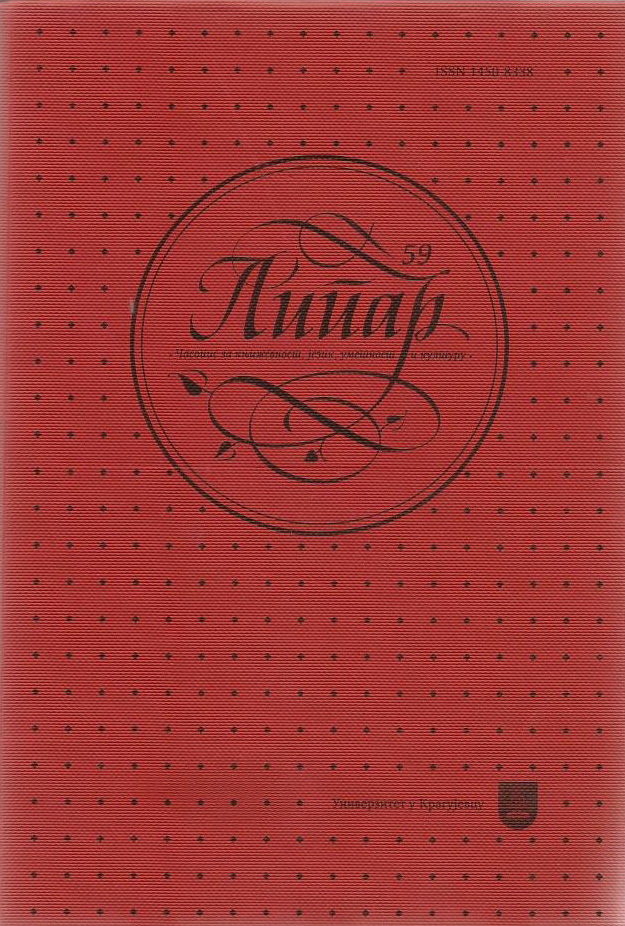ПАУЛО ФРЕИРЕ И АУГУСТО БОАЛ: ПЕДАГОГИЈА И
ПОЗОРИШТЕ KAO СТОЖЕРИ РЕВОЛУЦИЈЕ
PAULO FREIRE AND AUGUSTO BOAL: PEDAGOGY AND
THEATRE AS CORNER STONES OF REVOLUTION
Author(s): Ivana Bančević PejovićSubject(s): Theatre, Dance, Performing Arts, Language and Literature Studies, Education, Fine Arts / Performing Arts, Studies of Literature, Comparative Study of Literature, Philology, Sociology of Education
Published by: Универзитет у Крагујевцу
Keywords: critical consciousness; revolution; social justice; pedagogy of liberation; pedagogy and theatre of the oppressed; spectactor
Summary/Abstract: The Brazilian educator Paulo Freire (1921-1997), and the Brazilian theatre director Augusto Boal (1931-2009), met in 1960 in the poorest part of Brazil and immediately recognized each other as comrades engaged in the same task of conscientization (conscientização) of the oppressed. Hence, the titles of their famous books are Freire’s The Pedagogy of the Oppressed (1968) and Boal’s The Theatre of the Oppressed (1973). It should be noted that this term, or rather its French equivalent, conscienciser, was first used by Frantz Fanon in his book Black Skin, White Masks (1952) and that for these three authors conscientization represents the key method for both the physical and the mental liberation of the oppressed. Another author, Ng g wa Thiong’o, calls it the key strategy for decolonizing the mind. This essay explores the interaction between pedagogy and theatre in education, used for the conscientization of the oppressed by enabling them to critically interpret reality. Freire and Boal share the conviction that pedagogy and theatre can play the most important role in bringing about a revolution that would, before all, establish social justice in the world. After the military coup in 1964, when dictatorship was established in Brazil once again, both Freire and Boal spent many years of their lives in exile. This fact testifies to the power of their ideas, recognized at once as a major threat to the dictatorship. They continued their work on conscientization in neighboring counties of Latin America, Freire in Chile, and Boal in Peru. Combined with Liberation Theology, as part of various experiments in liberation undertaken throughout South America, their work has proved to be very effictive and inspiring.
Journal: Липар - часопис за књижевност, језик, уметност и културу
- Issue Year: XVII/2016
- Issue No: 59
- Page Range: 57-73
- Page Count: 17
- Language: Serbian

